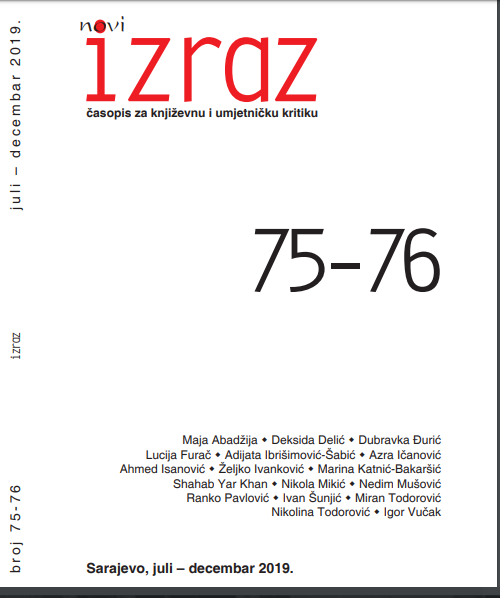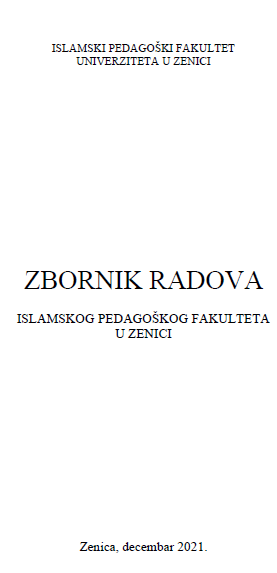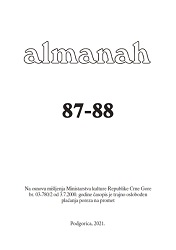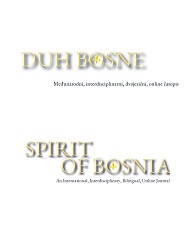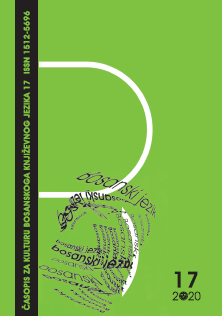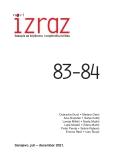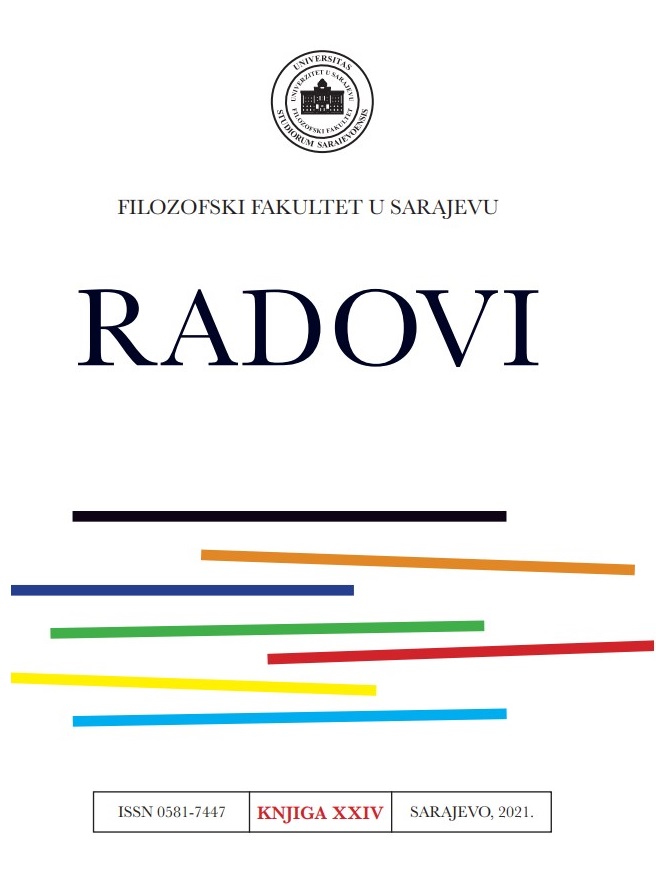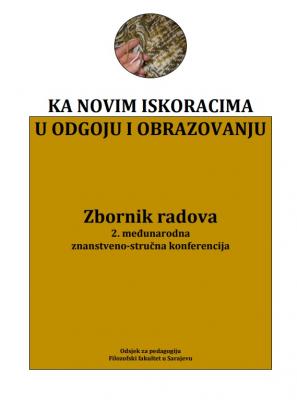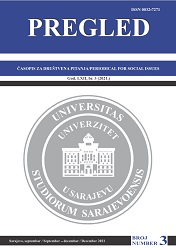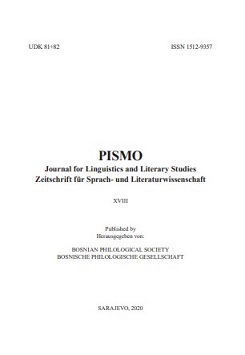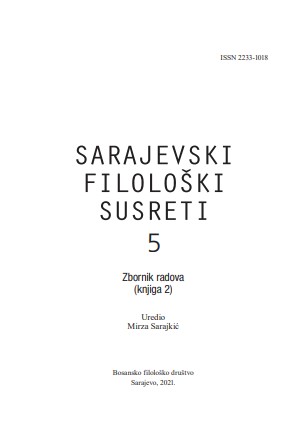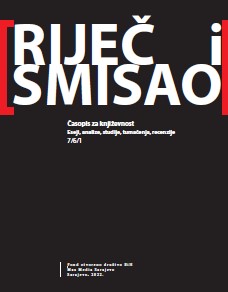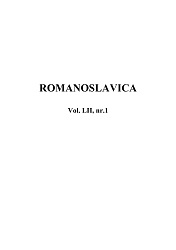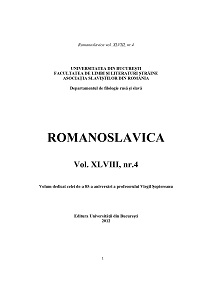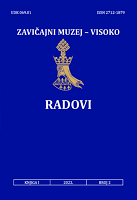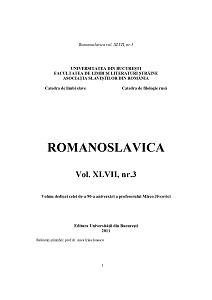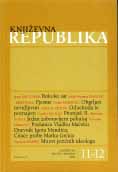Author(s): Esko Muratović,Saladin Dino Burdžović,Enes Pelidija,Jovanka Vukanović,Ferid Muhić,Braho Adrović,Zećir Ramčilović / Language(s): Montenegrine
Issue: 87-88/2021
Reviews of:
*O SPOZNAJNOM ETHOSU HELENSKOG SVIJETA I MORALNOM SAZNANJU U SREDNJEM VIJEKU; Zukorlić, Muamer: Etika: epistemologija etike antičkog doba i Srednjeg vijeka, Novi Pazar: Matica bošnjačka, 2021, 342 str.
*NAD KNJIGOM SANDŽAK ZEMLJA GAZIJA I ŠEHIDA; Harun Crnovršanin, „Sandžak zemlja gazija i šehida“, El Kelimeh, Novi Pazar, 2021.
*Aida Abadži Hodžić, Behaudin Selmanović Selman, Bošnjački institut, Fondacija Adila Zulfikarpašića, Sarajevo, 2019. godine, str. 220
*ŽIVOT SE PO STIHU PREPOZNAJE; Aladin Dino Lukač: SABRANE PJESME, izdavač Porodica Lukač, Novi Pazar, 2019.
*BOSNA, PJESMOM ODBRANJENA; Safet Hadrović Vrbički: TARIH, Antologija anti-ratne poezije Bošnjaka
*DOSTOJANSTVO I DRAMATIČNA SUDBINA BOŠNJAKA U KNJIŽEVNOM OGLEDALU; Safet Hadrović Vrbički:“Sermija“ – Antologija prozne književnosti Bošnjaka Sandžaka i Crne Gore, Udruženje bošnjačkih pisaca Crne Gore, Rožaje 2020.
*DA BI UPOZANO ČOVJEKA, UPOZNAJ NJEGOVO VRIJEME KAKO BI GA BOLJE RAZUMIO; Šefkija Borančić, Halali, ako možeš, Divan, Skoplje, 2020.
*O SIMBOLIMA VITEŠTVA I OPSTAJANJA; Sead Kajević, Saga o Kajevićima, Prijepolje: Muzej u Prijepolju, 2020. godina, 222. strane
More...
